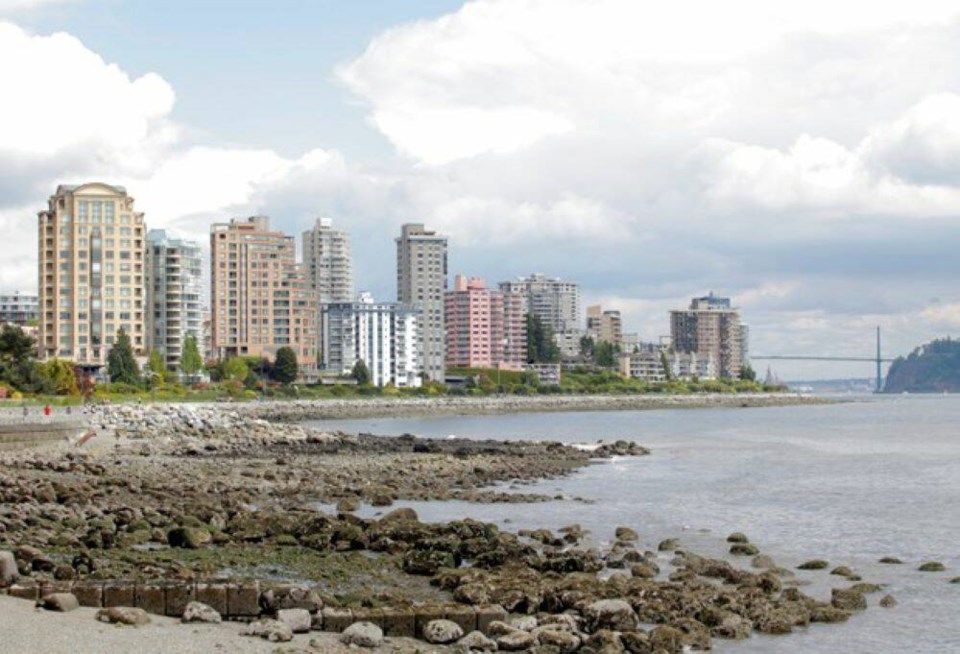Tough choices are ahead as the District of West Vancouver council ponders how much taxes should increase to pay for everything from tree permits and trail improvements to funding for the arts in 2024.
Finance staff presented three budget options at West Vancouver's regular council meeting Dec. 11, which the public will have a chance to comment on in January.
The first, a “bare bones” budget, includes an additional $3.22 million in spending over last year and a 3.65 per cent tax increase over 2023. A “preferred” budget ups the ante, with $3.42 million in additional spending and a 3.88 per cent tax increase. The Cadillac version, or “best practices” budget, includes a $4.21 million increase in spending over the past year and a tax increase of 4.78 per cent.
Deputy director of finance Chrystal Boy noted tax increases for two of the three options are below the Vancouver inflation rate of 4.7 per cent, while the “best practices” budget clocks in at just over that. Tax increases in all three budgets are “considerably lower than tax increases being deliberated in other Lower Mainland municipalities,” she added.
Labour costs, inflation drive increases
Primary cost drivers are increases to labour costs, driven by wage increases in the district’s collective agreement with workers. Inflation and downloaded costs from other agencies are the second biggest drivers of the increases being contemplated.
West Vancouver is also challenged by a complete lack of industrial tax base and minimal business tax base, meaning more than 97 per cent of the tax burden is borne by residential homes, said Boy. West Vancouver’s geography also presents challenges, requiring more resources to deliver on activities like snow removal. Police and firefighters also have a comparatively large geographic area to cover in relation to West Vancouver’s population.
Seniors outreach, cash to ‘clean-up’ homeless encampments on budget wish list
Among the items up for budget discussion in the new year are maintaining a seniors outreach program, providing more watering of drought-stressed trees and shrubs in summer, money to pay for “clean-up of homeless encampments,” trail improvements and additional requests for support by arts groups.
Requests to permanently fund a translation program to provide police safety messages in Farsi and Chinese, a permanent budget for a National Indigenous Peoples Day celebration, and a request from the fire department for more resources to conduct more fire inspections are also on the wish list.
Maintenance of capital assets is also an issue, said staff, as required maintenance was deferred in past years because of both pandemic pressures and lack of funding.
Taxes on ‘average’ home could increase between $640 and $853
Altogether, increases to municipal taxes, asset and environmental levies and utility fees on an “average” single-family home assessed at $3.7 million would result in a municipal tax increase of $640 under the “keeping the lights on” budget, according to staff. The “preferred” budget would result in a municipal tax increase of $771, while the “best practices” budget would result in a tax hike of $853.
Mayor Mark Sager said council has been actively reviewing the budget information with staff.
An in-person public budget information session will be held Jan. 16 between 1 p.m. and 2:30 p.m. in the Cedar Room of the West Vancouver Community Centre and online Jan. 18 between 6 p.m. and 7 p.m.
Council formally adopts the budget later in the spring.



